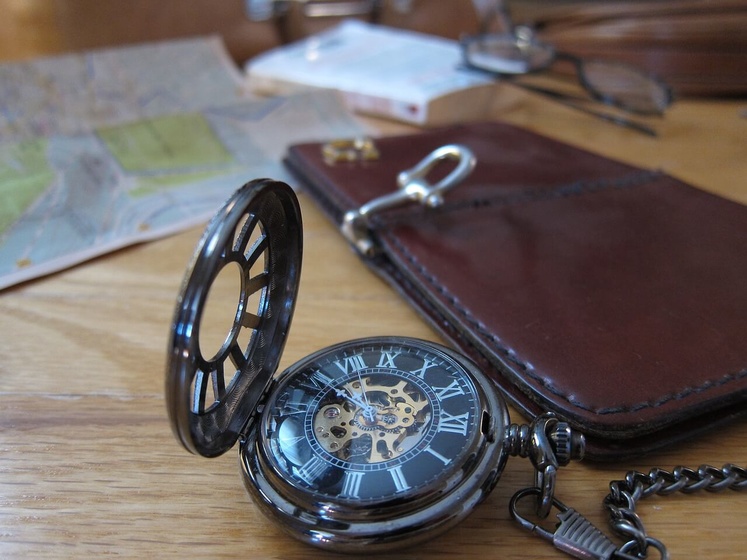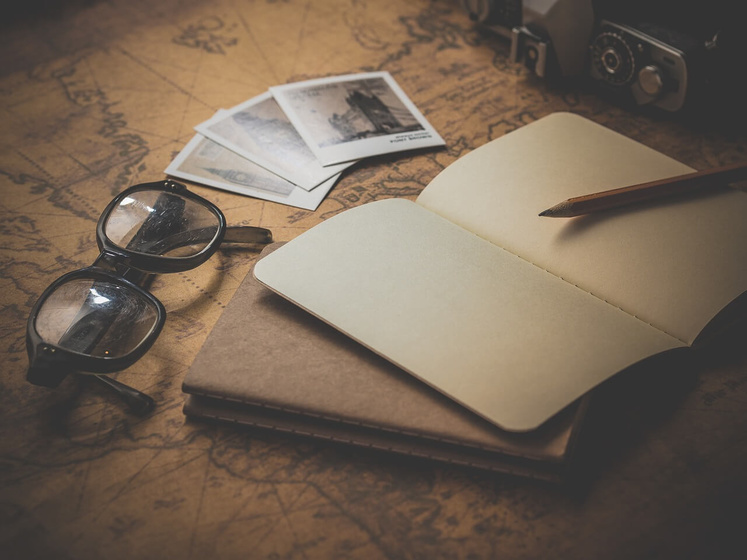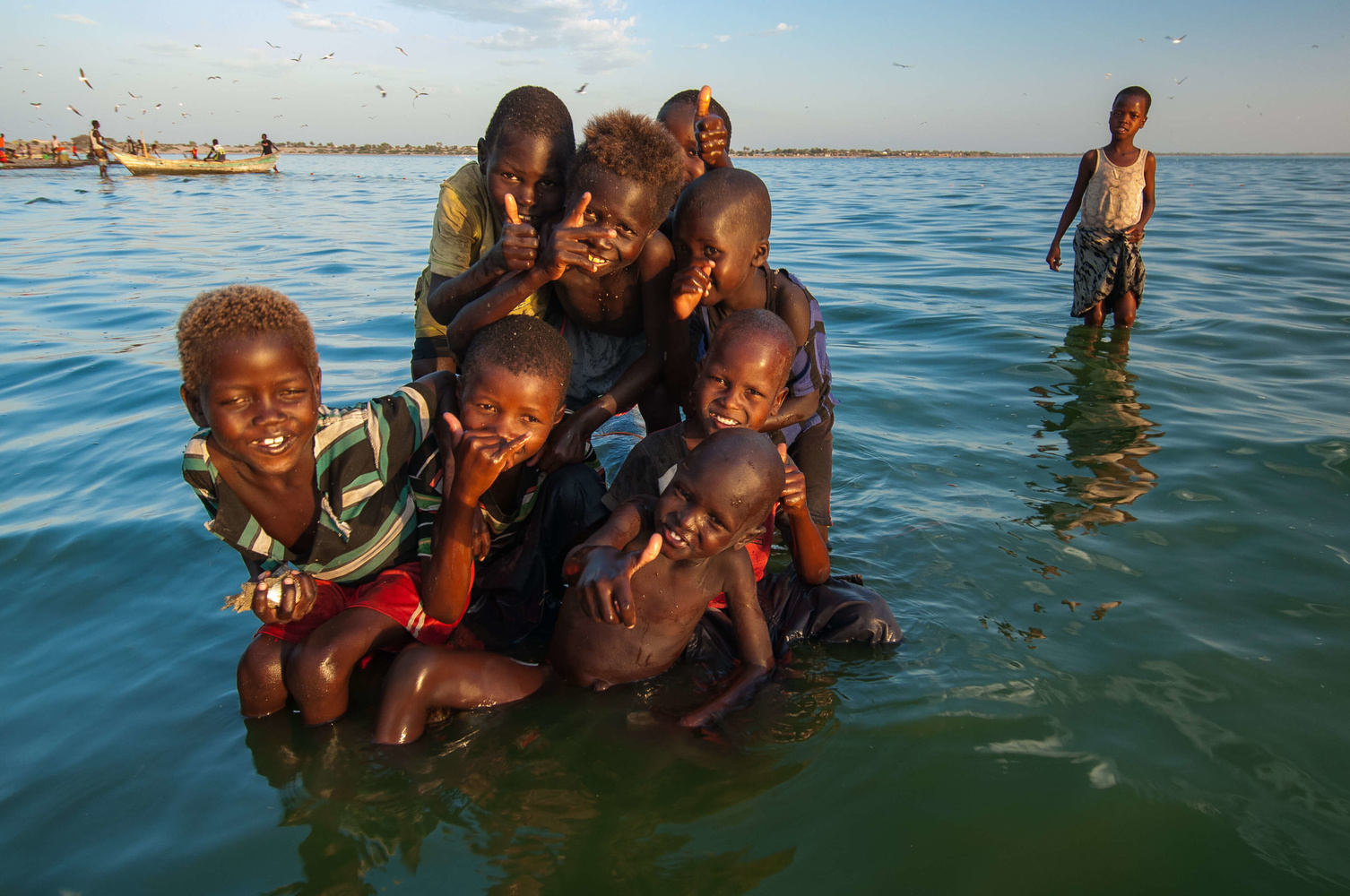Check list for your safari in Kenya
Check list for your safari in Kenya
Going on safari can be a dream come true for some of you... even the experience or trip of a LIFETIME.
Here are some tips and tricks to help you prepare for your safari.
There are a few precautions you need to take to do it right, here are just a few.
- Passport
Check that your passport is valid for at least 6 months after your return
- Visa for the Kenya
First, make sure you apply for your visa before you leave.
- Vaccines
Check with your doctor about mandatory vaccinations for Kenya and malaria treatments.
- Travel insurance
When you think about traveling, you don't necessarily think about the possibility of getting sick. And yet, it can happen. So take out travel insurance with peace of mind. Check with your bank or a specialist site such as Chapka.
- Money
Bring cash with you. With the exception to Nairobi and Monbasa, where you can sometimes pay by credit card, most of the time you'll have to pay for tips and other expenses on the spot in cash. So bring some cash with you and keep it with you. US$ in small, recent denominations is ideal.

What to pack for a safari in Kenya?
- Suitcase
Don't bring a wheeled suitcase. Consider taking a lightweight, easy-to-carry bag. It will be easier to carry, to put in the trunk of 4X4 and with the dust during the journey and the shaking, the wheeled suitcase could “suffer” a little. And don't forget a backpack to protect your camera and personal belongings from the dust.
- Clothing
You don't really need to buy clothes for this once-in-a-lifetime occasion. If you look hard enough in your own wardrobe or those of friends and family, I bet you'll still find comfortable clothes in neutral colors. Don't bring black or blue pants, as these two colors attract tsetse flies.
Pack comfortably
When traveling and on safari, comfort is the most important thing. So here's what I recommend you pack in your suitcase:
- A fleece sweater or heavy wool. It can get cold in Africa. Especially in the morning at sunrise, but also at dusk
- Linen shirt or T-shirt. For afternoon safaris when it's hot! Think of neutral colors, not light ones like white, because dust is everywhere, and to avoid attracting mosquitoes and sometimes tsetse flies
- A parka or raincoat. A few drops may fall during the safari, so take a raincoat/parka with a hood to cover you from the rain and wind.
- A hat or cap. Because the sun can be strong.
- A scarf. To wrap up in if you're a bit chilly, or afraid of mosquitoes, or to protect yourself from the sun.
- Comfortable shoes It's always nice to be well shod on a trip, especially a safari. A pair of sneakers will do. And flip-flops during the day if you're used to walking in them.
- Toiletry bag
Take a toiletry bag with useful products inside
- Sun cream. Cream with a minimum SPF of 30 or even 50
- Mosquito repellent. A special tropical mosquito spray is very useful
- Lip balm and/or moisturizer. With the wind and cold, your lips, hands and skin can get a little dry.
And don't forget these essential travel accessories
- Sunglasses. The sun is usually out in full force on safari, even if you're in a vehicle
- Flashlight or headlamp. Always useful in the evening, even if the lodge often lends one
- Reusable Water Bottle for refilling (Very Important)
- A bathing suitsome. Lodges have swimming pools, and it would be a shame not to take advantage of them between two safaris
- Maps, travel guides, books
- For your photos- A high-performance camera and a good lens
- Binoculars
To sum up, here's the list of clothing that Jade Sea Journeys recommends:
- Passport valid and visa
- Insurance
- Fabric totebag - plastic bags are forbidden
- 1 fleece sweater
- 2 pants and 1 pair of shorts
- 3/4 cotton shirts and 5 cotton t-shirts (neutral tones preferred)
- cotton underwear
- 1 scarf
- Comfortable shoes
- Sunglasses and hat
- Sun cream
- Mosquito repellent
- Universal plug adapter
- Camera, charger and memory cards
- Flashlight

Don't forget that going on safari in Kenya also means:
- Being RESPECTFUL towards Nature and Animals
- Loving nature and animals
- Being DISCREET with wildlife. Don't forget you're in their territory!
- Be OPEN-minded- feel and/or be ADVENTUROUS
- Be PATIENT
- Feel COMFORTABLE

